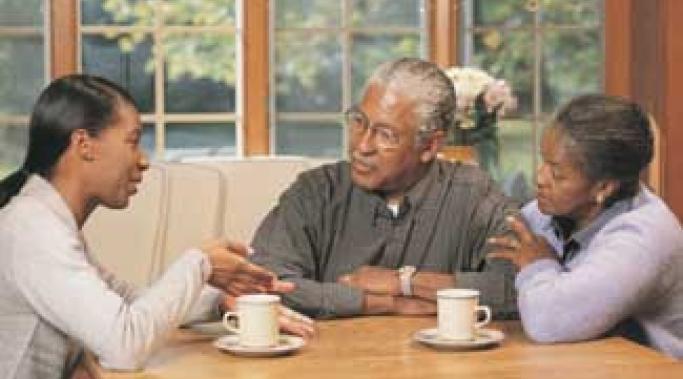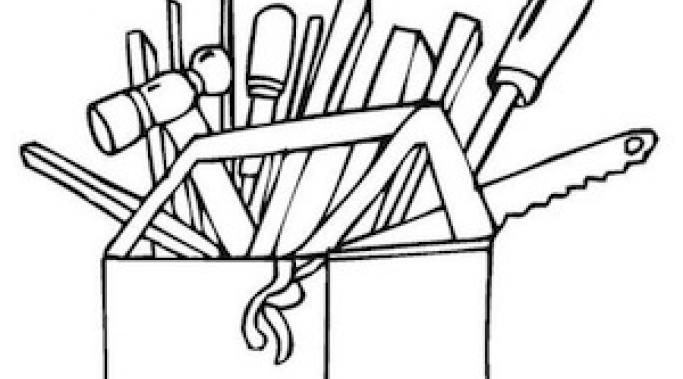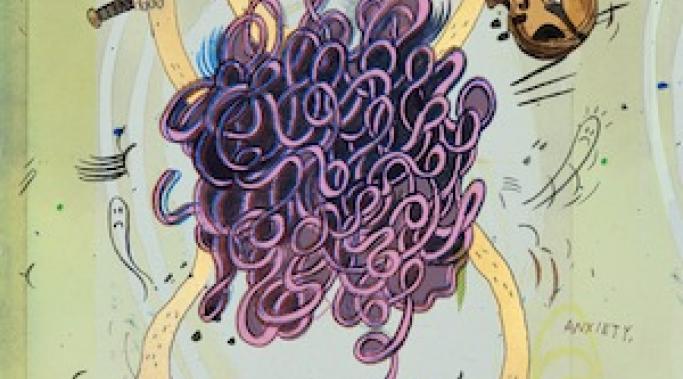How do you rebuild an identity outside of your eating disorder behaviors once you embark on the recovery process? Giving up eating disorder behaviors can be daunting at first, because with time, they become an integral part of one’s identity and personality. In my case, it was so engrained, that at the time, stopping them, even when I wanted to, seemed like an impossible task. Here are a few helpful tips and words of wisdom which I’ve gathered along the way in my journey.
Surviving ED
In my case, I never really had a formal sit down discussion with my parents about my eating disorder. I started eating disorder recovery in my mid-twenties, long after I had moved out. By then, I had graduated from law school and the time felt right. I told each parent separately about my eating disorder (they are divorced), and as uncomfortable as the conversation was, surprisingly, their reaction was one of relief. All along, they had known something wasn’t quite right regarding my eating habits and body image, and they also knew I’d had my gallbladder removed a couple of years earlier. So to them, as much as I tried to hide it, they knew something didn’t add up, but they just didn’t know what. (read: How To Tell Your Parents About Your Eating Disorder)
I'm often asked about how to come out to parents and family members about our eating disorder. If you haven't told your parents about having anorexia or bulimia, this week's video may prove to be helpful.
I’ve been using my experience as an eating disorder survivor as a springboard to have a larger discussion about mental health. Looking back, I can trace the beginning of bulimia to a specific set of events and triggers. Years before, there was already a problem with food anxiety, striving for perfection and body image issues. I didn’t know what bulimia was at the time but I certainly understood hunger, binging, purging and over-exercising. I also didn’t know my mind was slowly developing an eating disorder. The condition, however, was becoming very real.
Admitting I had a problem was my first step to bulimia recovery. With time, wisdom, and experience, I’ve come to terms with my diagnosis and accepted that bulimia did not define me. My acceptance of the diagnosis was a starting point, a breath of fresh air, much like walking out of a room in college when you decide this party’s over, I’m heading home. As uncomfortable as that experience was, being diagnosed, for me, felt like coming home.
Warning: This specific article is graphic and may be triggering.)
My bulimia was a pallet of colors. As dreamy as that could sound, this wasn’t as innocent as a coloring book, rather colors were my guide.
My name is Patricia. A few months shy of my 32nd birthday, I’m approaching the fifth year anniversary of my eating disorder recovery. While I consider myself recovered from bulimia, this milestone has been occupying my thoughts in recent months. One recurring theme involves asking myself what does it actually mean to be “in recovery” from bulimia and when do you actually become “recovered”?
One thing I didn’t address in my last post about what you can learn from eating disorder relapse was coping skills. Honestly, I started to, but coping skills really deserve a post all their own. When I was crafting my eating disorder recovery plan last summer, I had literally a two-page list of coping skills to use when I felt like I wanted to use eating disorder or self-harm urges. Awesome, right?
Well, sort of. Having a two or three or ten page list of coping skills isn’t going to do anything for your eating disorder recovery unless you’re actually using them.
Facing an eating disorder relapse, I’m settling into my first full day of inpatient eating disorder treatment. So in case my beating around the bush in previous posts didn’t make it clear: I’ve relapsed back into my eating disorder. I wish I could say this was uncommon. It’s not – estimates for relapse in the first year after eating disorder treatment are nearly 50%. I’ve been bouncing in and out of treatment for three years now; I have met women who have been doing so for ten years or more.
And while I could go into a long diatribe about how the eating disorder relapse rate might be lower if insurance companies covered treatment earlier in the disorder (oh wait – I’ve already done that), instead I want you to consider something. Maybe a little relapse can be good for your eating disorder recovery.
Writing an eating disorder blog, I walk a fine line. This is not my personal blog for me to whine and complain about everything that is going tough for me in recovery, and certainly not the place for me to discuss my weight, BMI, or specific behaviors. At the same time, this blog was never meant to read like a peer-reviewed journal article, sterile and clinical. There are plenty of resources out there written by professionals - which I am not - that can tell you all about the ins and outs of symptoms of eating disorders, their treatment, their recovery. In fact, there is a lot of great information in HealthyPlace's own Eating Disorder Community section.
So today, you just get a personal entry. Where I am in recovery. What I'm struggling with. What the next few weeks will bring for me.









